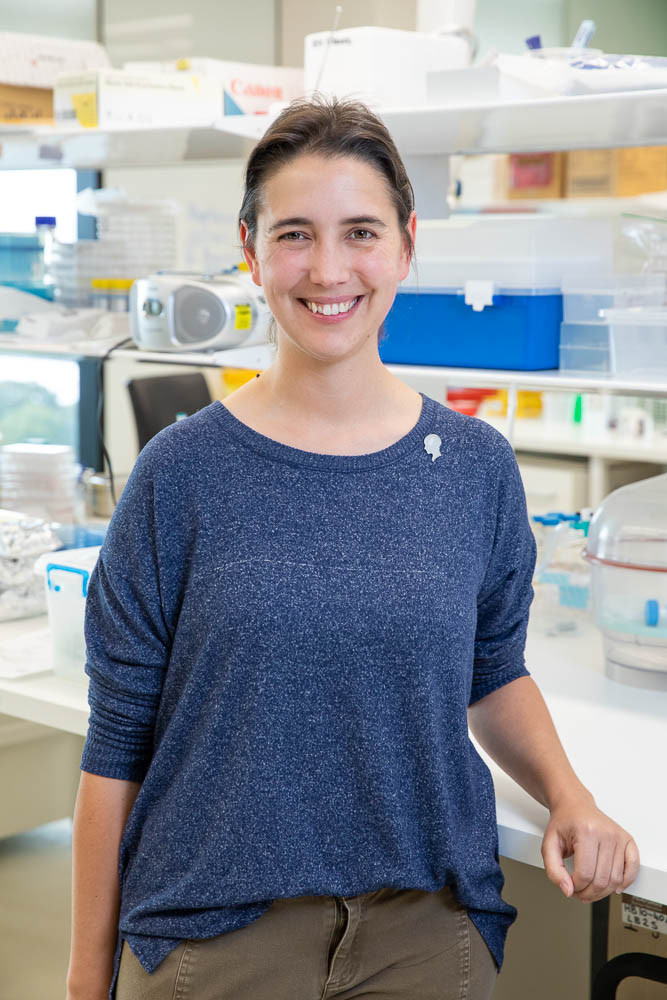Clinical trial opens - NRF funded research renews hope for children's cancer
.png)
View our paediatric appeal here
Children suffering from fatal paediatric brain cancer are being given renewed hope as a new treatment becomes available for the first time in Australia after extensive research led by Adelaide researchers Professor Michael Brown and Dr Tessa Gargett.
For the first time in Australia, treatment will use genetically modified white blood cells (known as CAR-T cells) to target children with the rare brain cancer, Diffuse Intrinsic Pontine Glioma (DIPG).
A partnership between the Royal Adelaide Hospital (RAH), the Kids Cancer Centre at Sydney Children’s Hospital Randwick (SCH), the University of South Australia (UniSA), and SA Pathology, this research has led to a collaborative clinical trial for DIPG.
DIPG is the most aggressive of all childhood cancers and one of the only cancers that lacks effective treatment. The fast-growing and incurable tumour forms in the part of a child’s brain responsible for vital functions like breathing, sleeping, bladder control and balance.
On average, 20 Australian children are diagnosed with DIPG each year. Sadly, most will die from the disease within 12 months of diagnosis.
For the past four years, researchers at the RAH and UniSA’s Centre for Cancer Biology have been investigating this new cell therapy to treat aggressive brain cancers.
CAR-T cells are super-powered immune cells that act as a living drug. When given to the patient they can find and attack cancer cells without harming healthy cells.
The Sydney Children’s Hospital will send the children’s immune cells to South Australia where they will be modified and taught to target and attack the tumour.
RAH Cancer Clinical Trials Unit Director Professor Michael Brown is proud young patients can now benefit from the four years of research.

“Each patient’s cells will be transported here to South Australia where we’ll genetically modify them. When given back to the patient, they will track down and destroy their cancer cells, leaving the healthy cells intact,” Dr Brown said.
Centre for Cancer Biology Research Fellow Dr Tessa Gargett said the treatment would give new hope to families fighting DIPG.

“We are delighted that this work has led to a clinical trial for kids suffering from such a terrible disease and we’re hopeful we can help as many children and their families as possible,” she said.
“I am particularly proud that the complex manufacturing of this new kind of personalised treatment will be done right here in South Australia.”
The trial is called Levi’s Catch, and has been named in memory of Levi Wheeler, who sadly died from DIPG in 2018 when he was eight years old. To honour his legacy, his parents, Ben and Kathryn, set up Levi’s Project and have since raised more than $4 million, with another $2 million pledged, for DIPG research through philanthropic and community support, including contributing $600,000 towards this trial.
The trial is open to all children across Australia – families should direct inquiries to the Sydney Children’s Hospital and can find further details on the Australian New Zealand Clinical Trials Registry.
Thank you to each and every one of our dedicated NRF supporters - YOU make these ground-breaking discoveries possible and support our researchers to bring these cutting-edge treatments to the South Australian community.




